Country Brief: Central African Republic
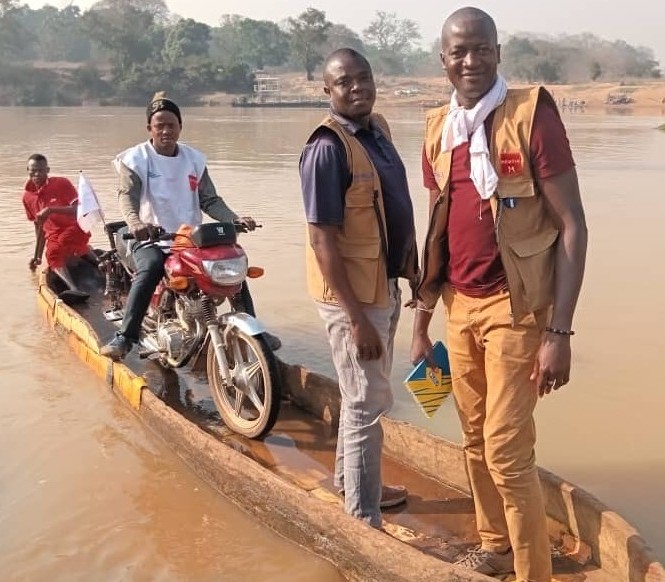
The decade-long conflict in the Central African Republic (CAR) has created acute humanitarian needs, with the OCHA humanitarian Needs Overview (HNO) 20241 estimating that 2.8 million people – nearly half of the population – require assistance. Clashes between government forces, government allies and armed groups are causing the humanitarian situation to continue to deteriorate and […]
World Health Day
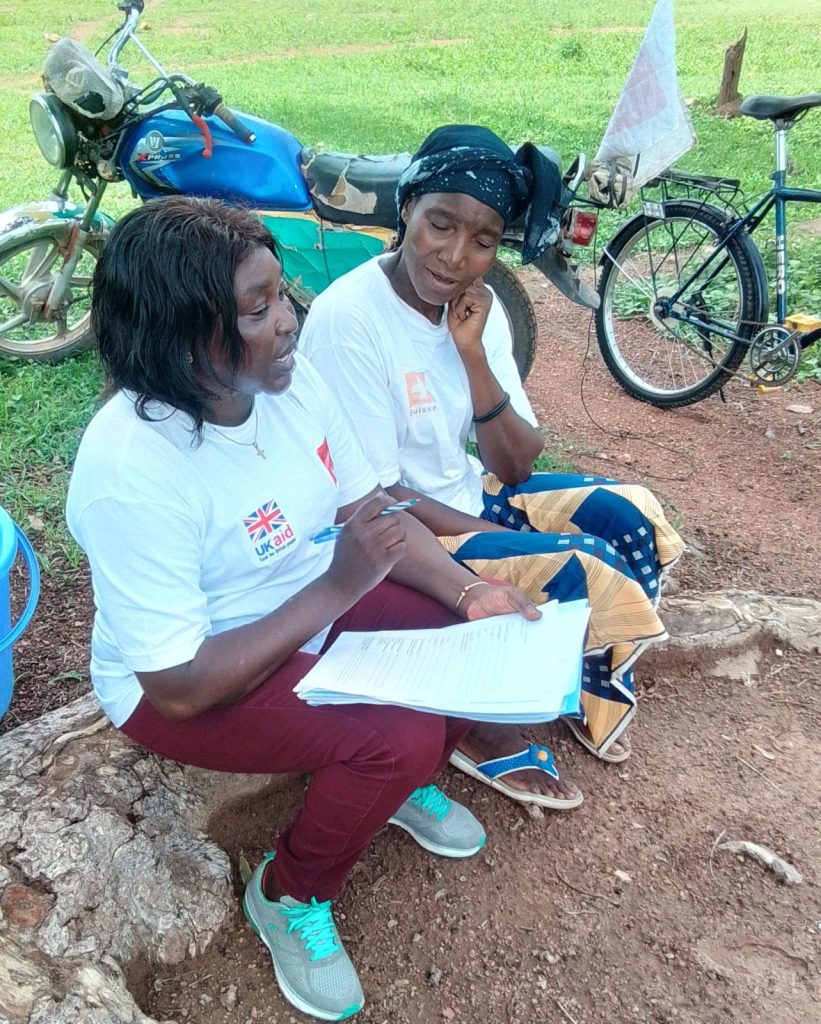
World Health Day (7 April) marks the start of a campaign titled Healthy beginnings, hopeful futures focusing on helping every woman and baby survive and thrive. So how can pregnant women and mothers with babies in conflict settings, often forcibly displaced, and exposed to deadly diseases and other threats be best supported? The protracted humanitarian […]
Cholera threat rises after third cyclone in four months hits northern Mozambique
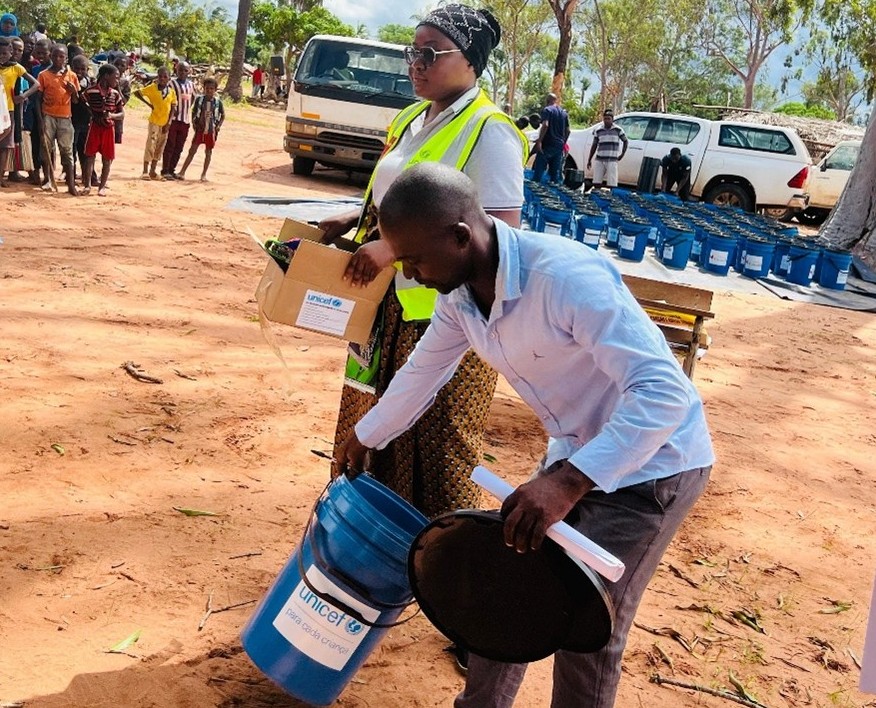
On 10 March Cyclone Jude made landfall in Nampula Province, Mozambique devastating communities already struggling to rebuild their lives after cyclones in December (Chido) and January (Dikeledi). High winds and heavy rain have made roads inaccessible, damaged infrastructure such as schools, water systems and health units, and led to power outages across the area. The […]
Critical healthcare support after flooding in northern Nigeria last year

MENTOR continues to provide critical services and strengthen health systems in Maiduguri, Nigeria after flooding last year caused widespread damage to healthcare facilities, schools and other infrastructure, and the displacement of close to 400,000 people. The severe flooding impacted communities already struggling from the socio-economic crisis in the region, high rates of diseases and malnutrition, […]
New WASH and nutrition programme in Batangafo, Central African Republic

Despite recent events in the humanitarian sector, we remain committed to deliver lifesaving disease control and healthcare, supporting communities in most need. In Central African Republic, the MENTOR team knows no boundaries to continue delivering activities. In Batangafo they must use canoes to access health facilities located on the other side of the river, after […]
New WASH programme in Gaza
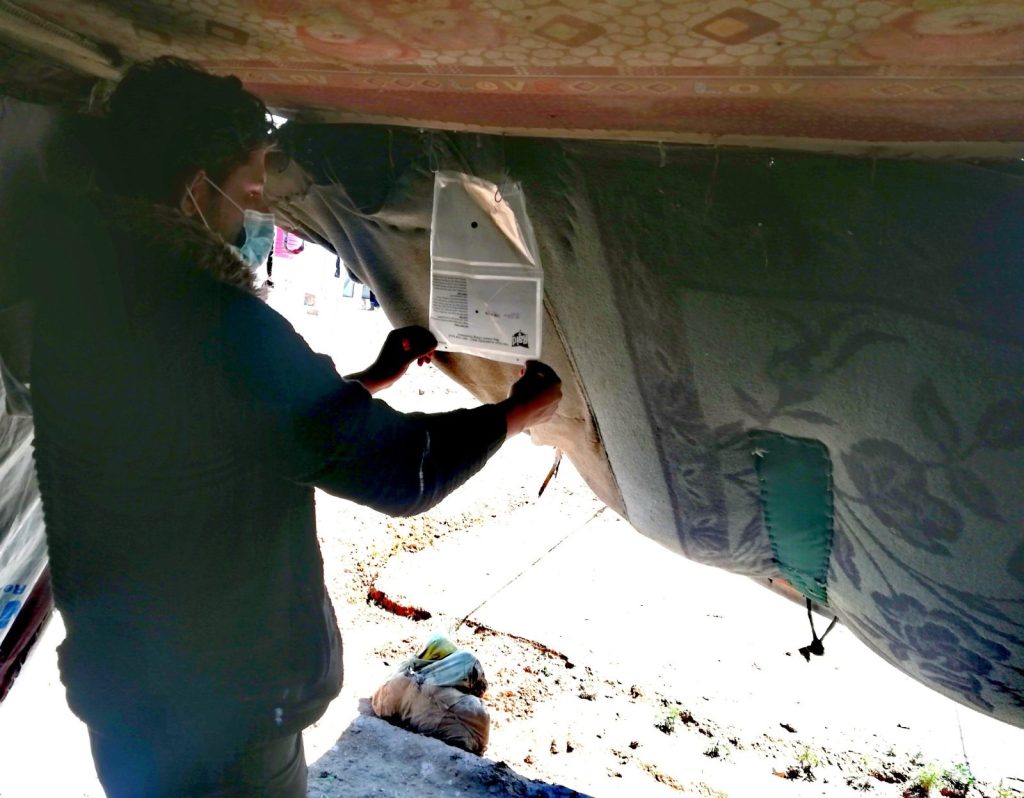
A new partnership with Secours Islamique France aims to increase access to water and sanitation for people displaced by the war in Gaza. Over 1.7 million people have been forcibly displaced multiple times since the conflict began 15 months ago. The latest update from the Gaza health ministry and UN OCHA report at least 45,936 […]
Increasing access to water in IDP camps in Cabo Delgado
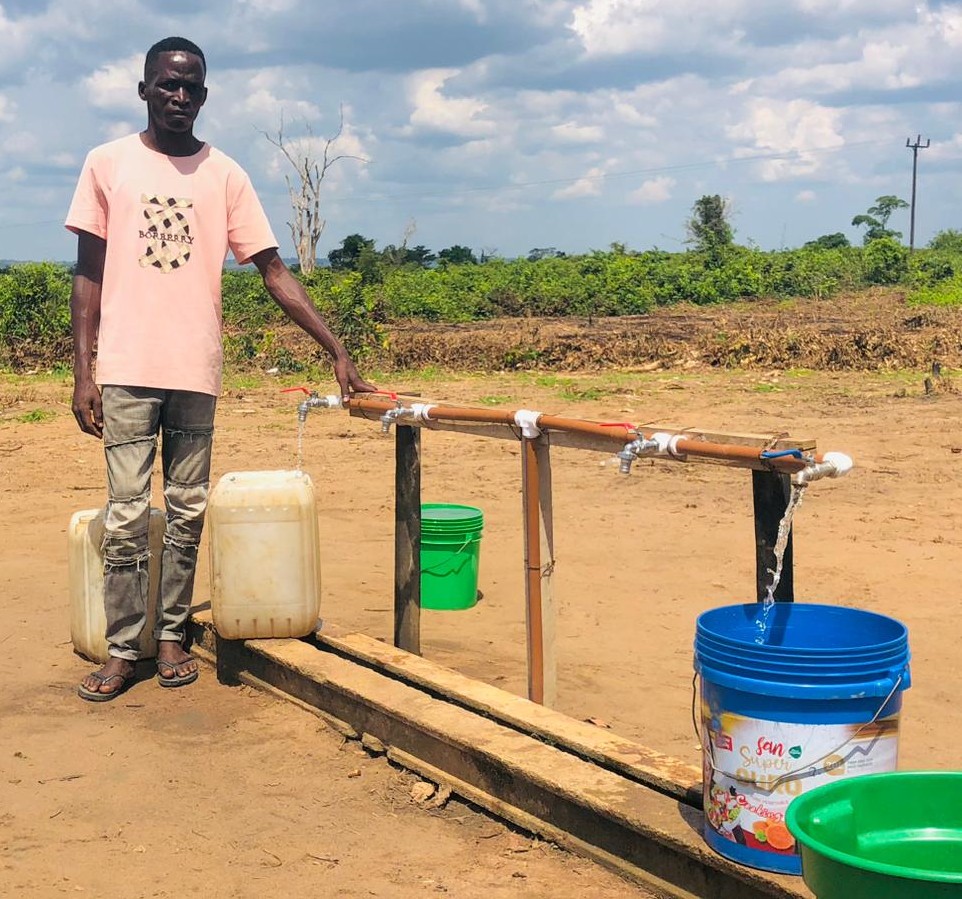
For families arriving in Internally Displaced Person camps in Cabo Delgado, Mozambique the lack of access to water is a significant concern. It not only limits the availability of drinking water but also increase the risk of diseases linked to poor hygiene. To address the critical need for water, MENTOR is informed when families who […]
Annual meeting for global tropical research, 13 to 17 November 2024
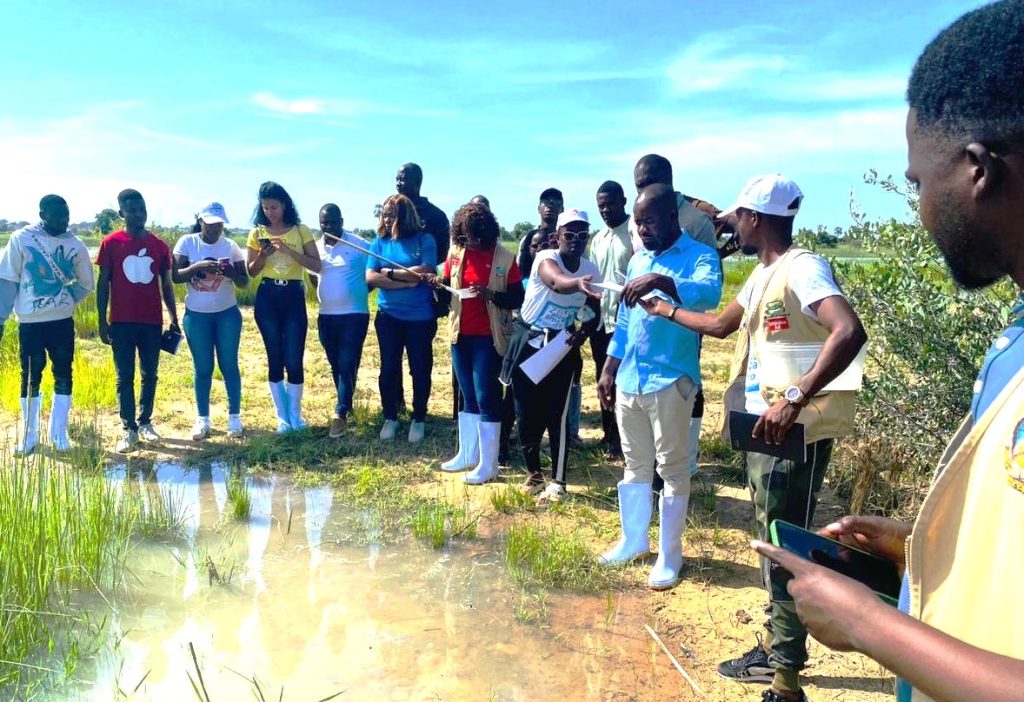
The MENTOR Initiative is back at the American Society of Tropical Medicine and Hygiene (ASTMH) annual meeting sharing insights from our programmes and learning from important research from across the world on tropical diseases management. MENTOR is once again presenting research on a range of topics aimed at showcasing our work in some of the […]
Severe flooding in northern Nigeria increases risk of malaria, pneumonia and cholera
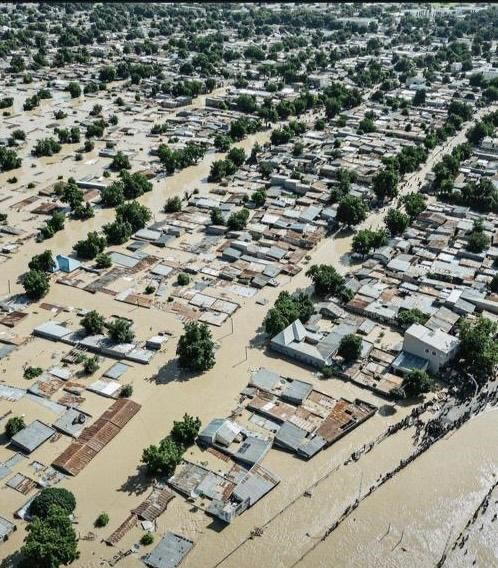
Severe flooding in northern Nigeria due to heavy rainfall has caused widespread destruction and the significant displacement of communities who are already impacted by a food and nutrition crisis, violence and insecurity. Infrastructure such as bridges and roads, and access to essential services such as hospitals, schools and markets have been affected by the floods. […]
New mobile healthcare for communities in Cabo Delgado
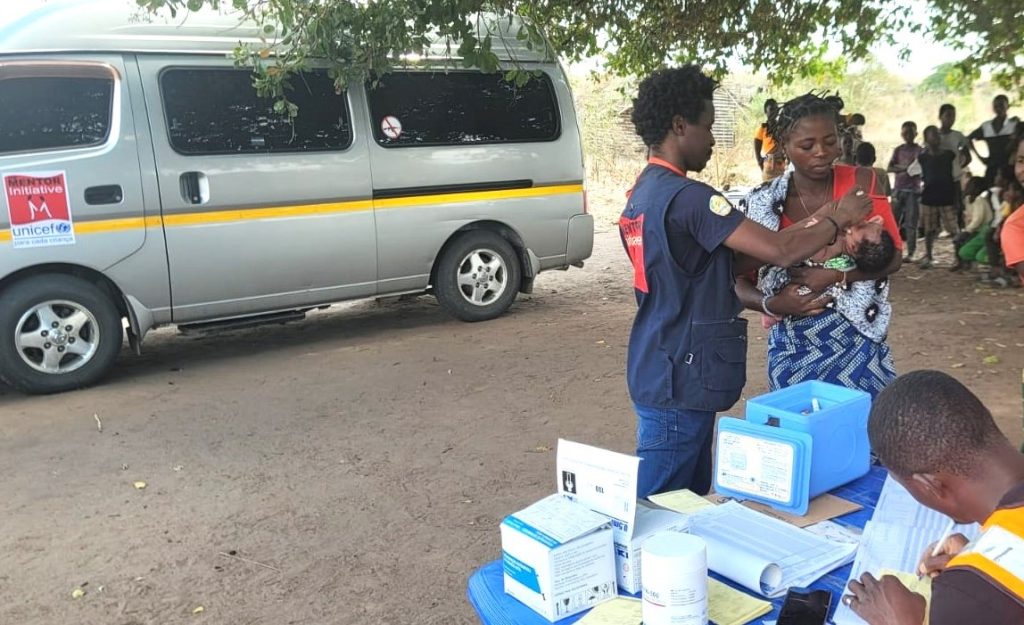
New mobile health teams are visiting 20 communities in the Chiure District of Cabo Delgado to deliver essential healthcare to remote areas underserved by health services and facilities. Most people living in these communities have been displaced by conflict in Cabo Delgado which has also caused the destruction and reduction of health facilities. The two […]
